Blog
Unlocking Excellence: Quality at the Core
-
Process Consistency in QMS: Building a Foundation for Reliable Quality Performance
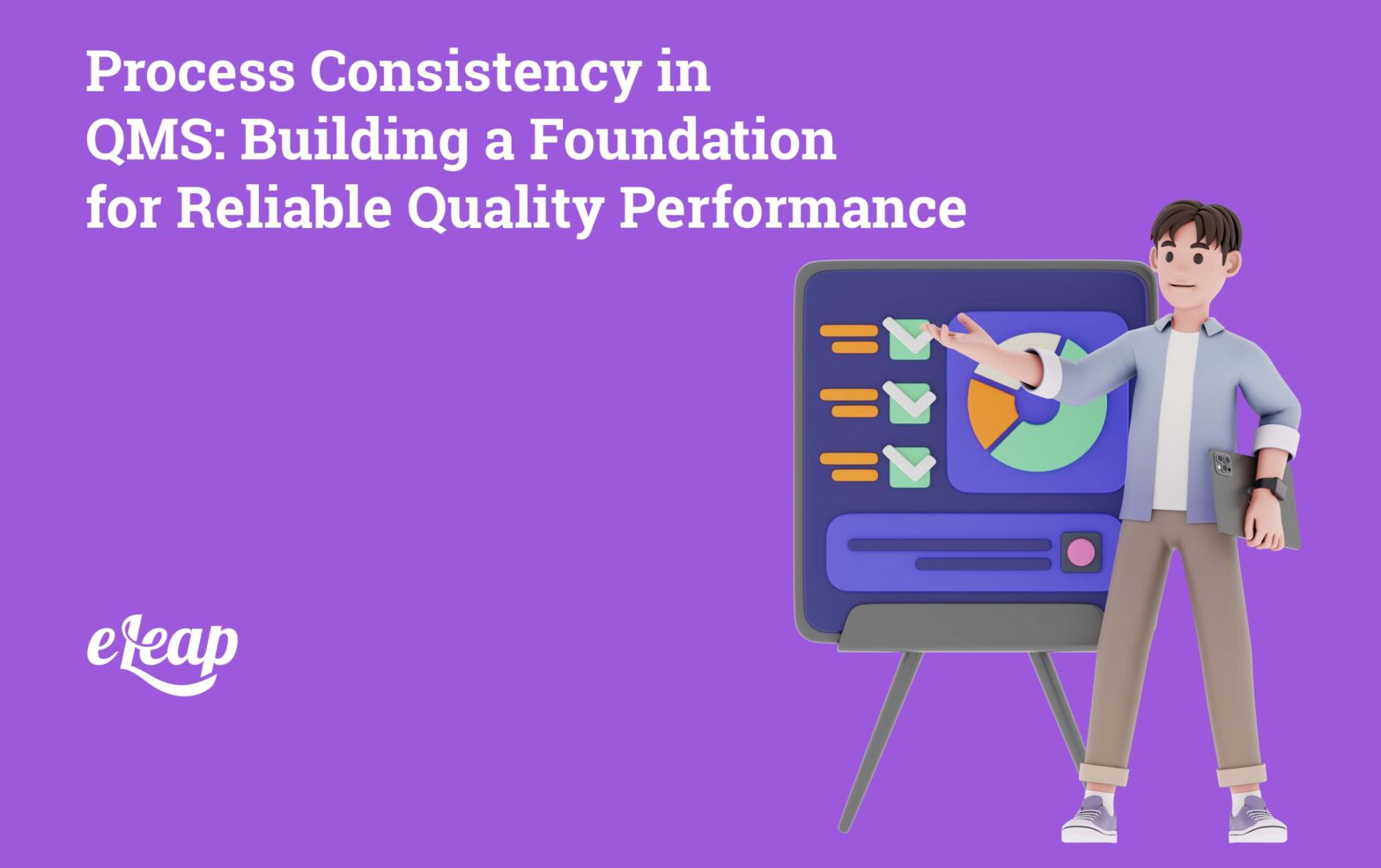
Process consistency is the cornerstone of any effective Quality Management System (QMS). It ensures that every process, task, and activity within an organization operates under the same structured and controlled framework. In QMS, process consistency defines the ability to produce repeatable outcomes, maintain compliance, and continuously meet customer expectations. Without it, even well-designed systems can […]
-
How to Enable Quality Programs Through a QMS Framework

Enabling quality programs is more than a compliance exercise—it’s the work of embedding quality into the operating system of your organization so that every process, handoff, and decision reflects a commitment to reliability and improvement. In practice, that means turning scattered procedures into a cohesive Quality Management System (QMS), aligning leadership, people, and technology around […]
-
Control and Management in QMS: A Quality Framework
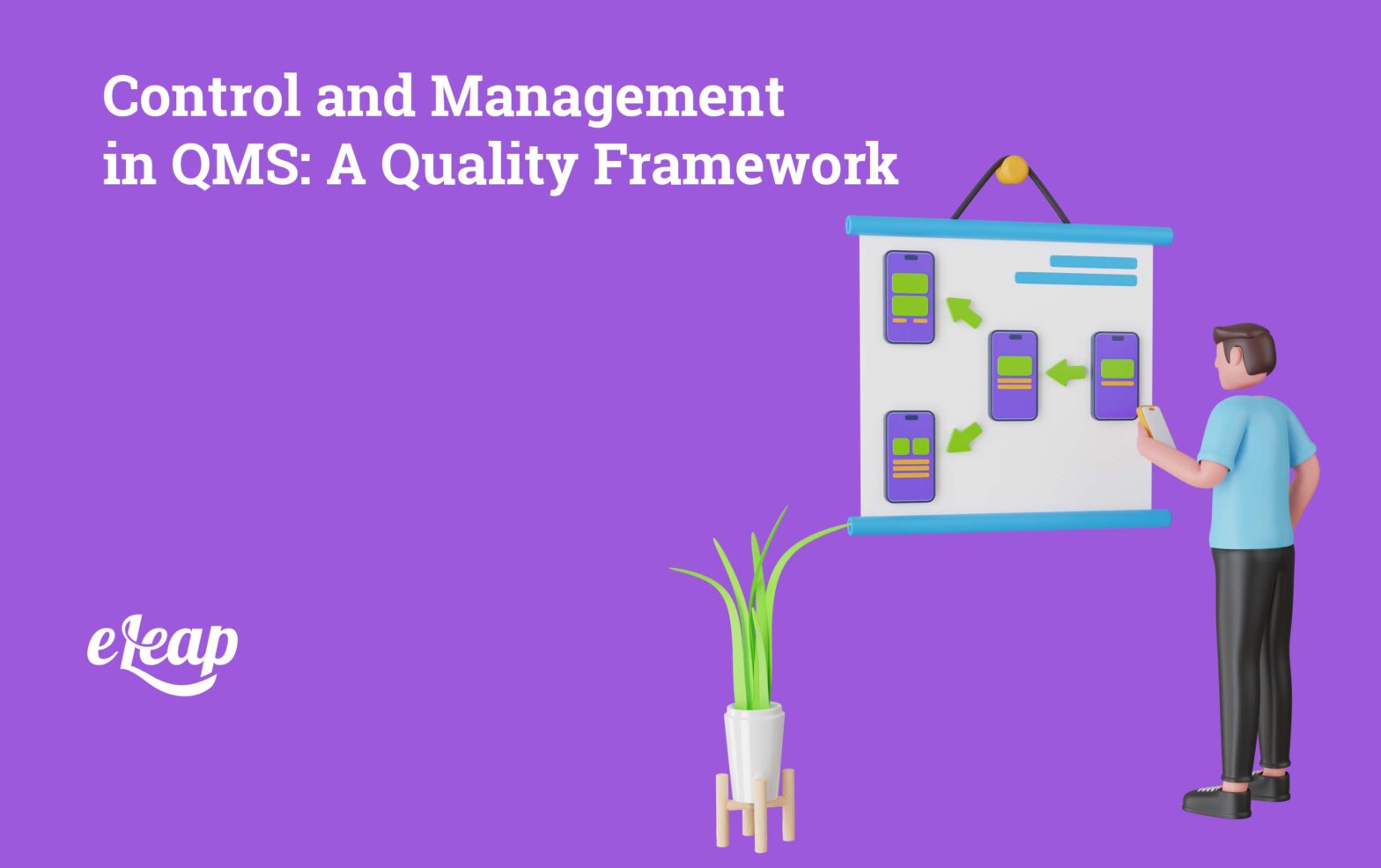
Quality is not achieved by chance. Industries where compliance, safety, and consistency are essential rely on structured frameworks to maintain excellence. At the heart of these frameworks lie control and management in Quality Management Systems (QMS). These two elements are closely linked yet distinct, working together to ensure that processes remain efficient, compliant, and adaptable […]
-
Compliance Monitoring in QMS: A Complete Guide to Ensuring Quality and Regulatory Success
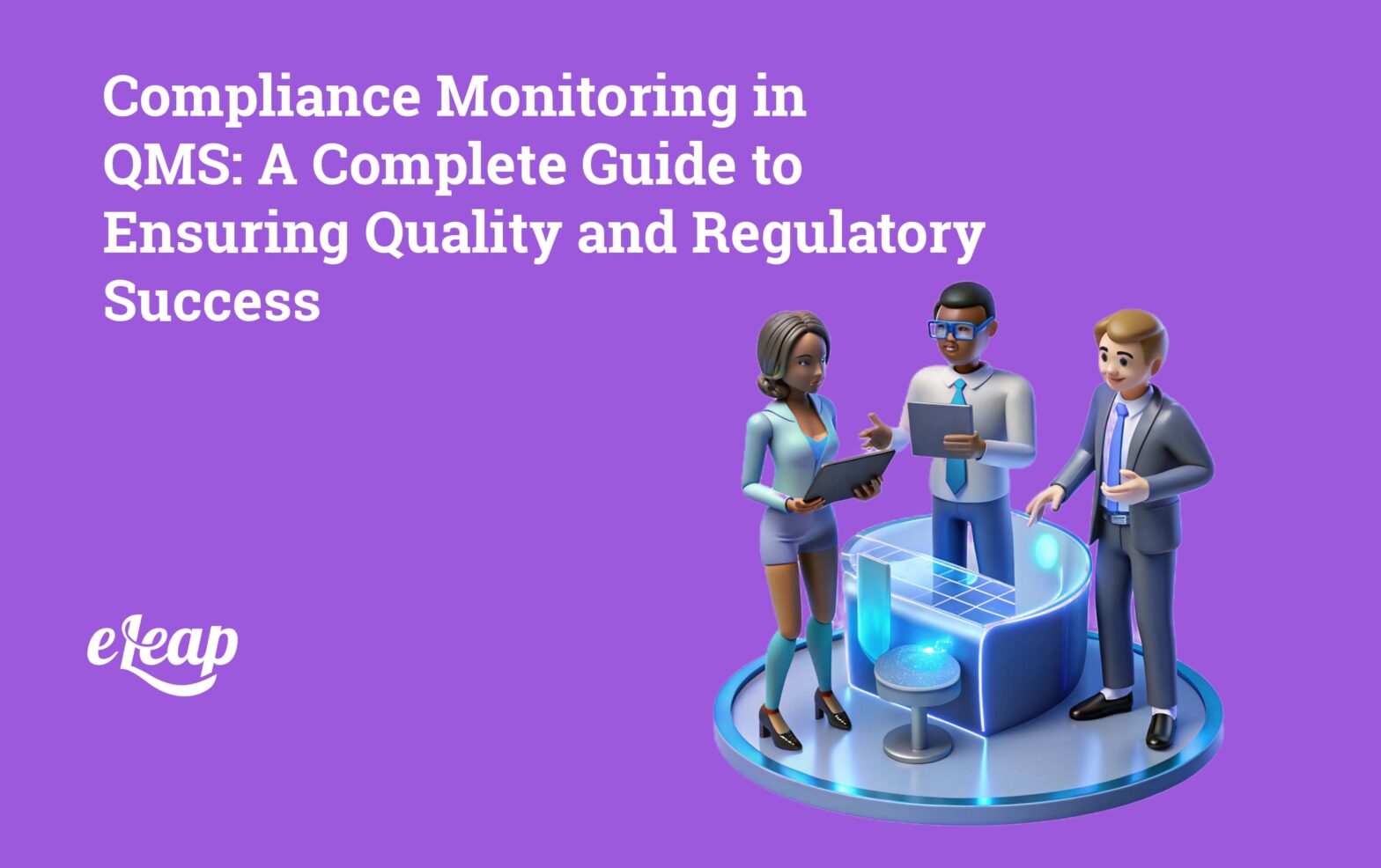
Compliance monitoring has become one of the most critical pillars of a robust Quality Management System (QMS). In industries where safety, quality, and regulatory standards govern daily operations—such as pharmaceuticals, medical devices, manufacturing, and healthcare—failing to maintain compliance can result in fines, recalls, or damaged reputations. Compliance monitoring is not just about ticking boxes for […]
-
Supplier Quality Assurance in QMS: Best Practices Guide

More than 50% of product recalls can be traced back to supplier issues, highlighting the critical importance of robust supplier quality assurance within quality management systems. Supplier Quality Assurance (SQA) serves as the systematic backbone that ensures external suppliers consistently deliver goods and services meeting defined quality requirements while maintaining compliance with international standards. Organizations […]
-
Statistical Process Control: A Complete Guide for Quality Managers
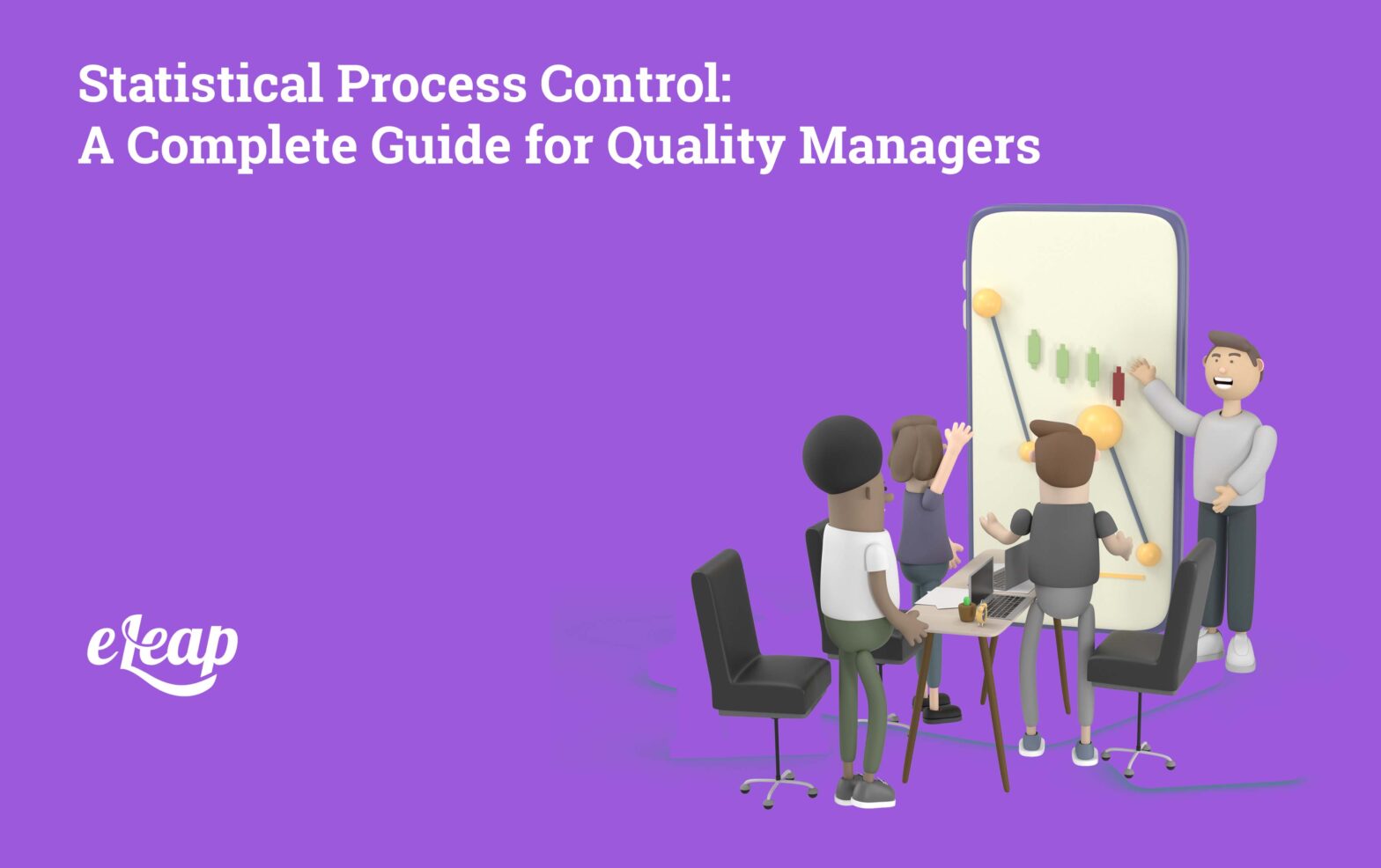
Statistical process control represents a fundamental shift from reactive quality inspection to proactive process optimization. Quality managers implementing statistical process control gain the ability to detect process variations before they result in defective products, creating substantial cost savings and improving customer satisfaction. This comprehensive approach transforms quality management from a departmental function into an organization-wide […]
-
Production Part Approval Process (PPAP) in QMS: A Complete Guide
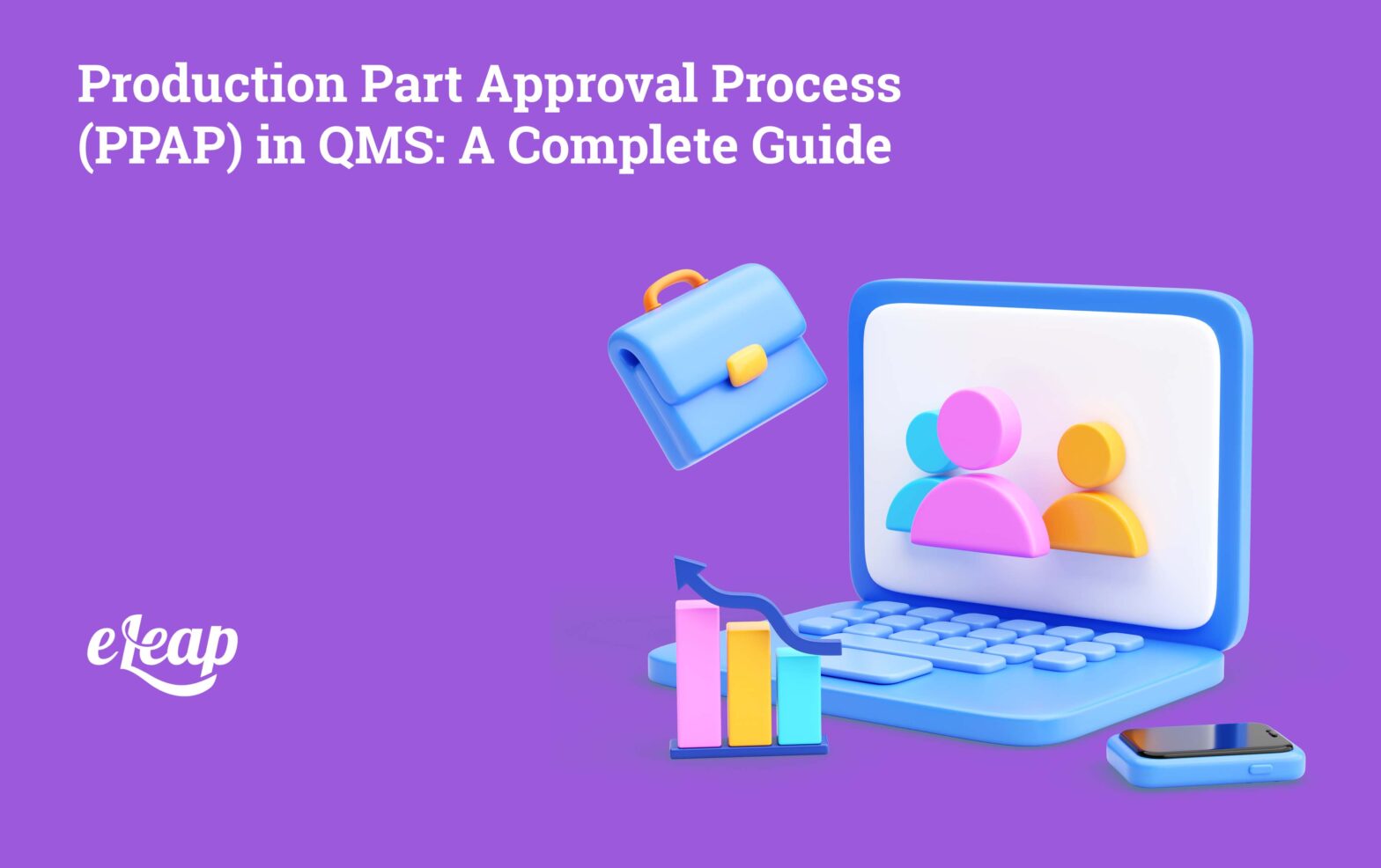
The Production Part Approval Process (PPAP) is a standardized procedure designed to verify that suppliers can consistently produce parts meeting all customer engineering and quality requirements during actual production. Originally developed by the Automotive Industry Action Group (AIAG), PPAP became the industry benchmark for supplier validation in the automotive supply chain. Due to its effectiveness […]
-
Key Product Characteristics in QMS: Complete Guide

Key Product Characteristics (KPC) represent the specific attributes of a product that directly affect safety, compliance, performance, and customer satisfaction within Quality Management Systems. These characteristics require enhanced control measures, systematic monitoring, and rigorous documentation throughout the product lifecycle to ensure regulatory compliance and operational excellence. Understanding Key Product Characteristics becomes essential for organizations operating […]
-
What is Inspection Plan Management (IPM)? A Complete Guide

Quality failures cost manufacturers billions annually through recalls, warranty claims, and damaged reputations. Inspection Plan Management (IPM) offers a systematic solution to these challenges by establishing proactive quality control processes that prevent defects rather than simply detecting them after production. Inspection Plan Management (IPM) is the systematic creation, implementation, and monitoring of inspection procedures to […]
-
Gage Management System (GMS) Complete Guide: Quality Management Success
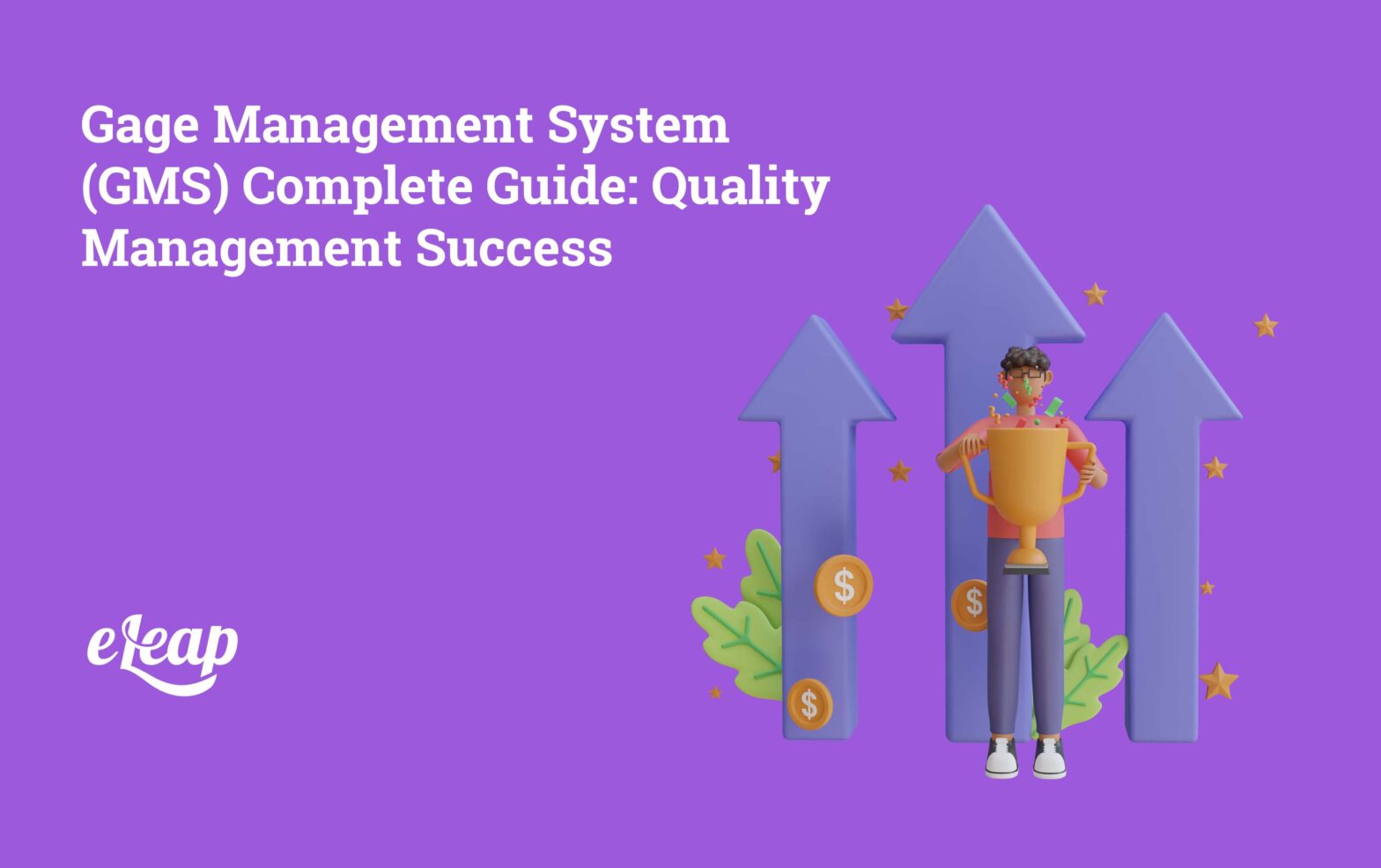
A Gage Management System (GMS) is a structured software solution designed to monitor, track, and control the calibration and maintenance of measurement equipment within Quality Management Systems. Unlike basic calibration records stored in spreadsheets, a comprehensive GMS provides complete lifecycle management of every measuring instrument, from simple calipers to advanced coordinate measuring machines (CMMs). Gage […]
Search articles by...
Find your way around our blog by searching using a keyword or a group of keywords or by choosing a tag.